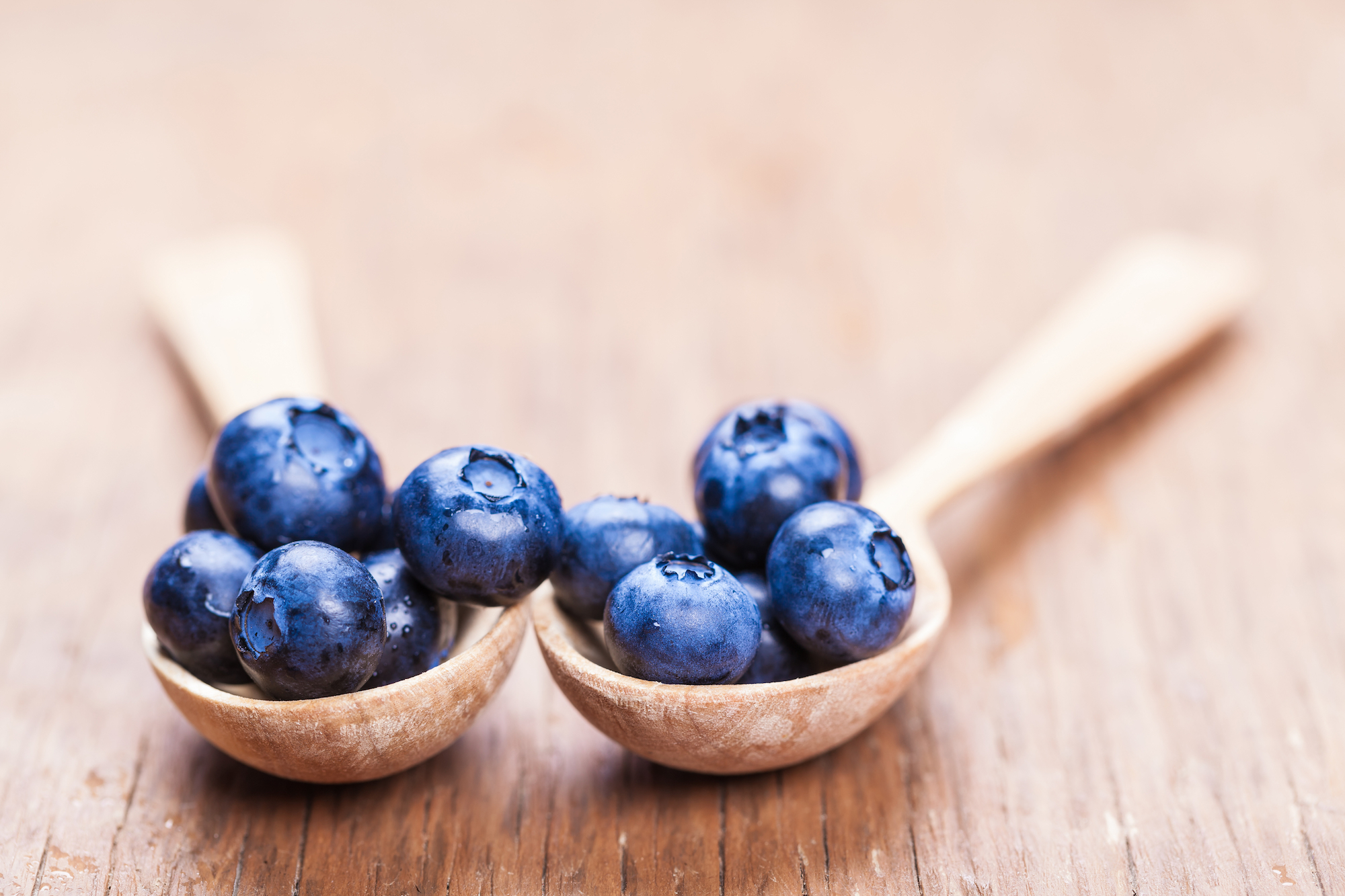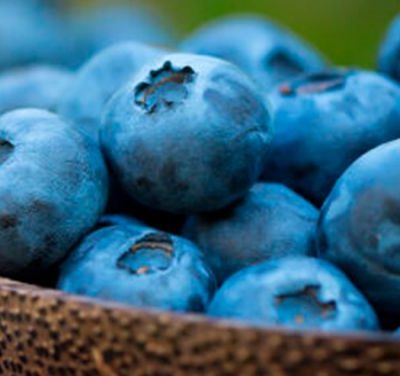Blueberries may help treat cervical cancer
Blueberries are known as a “superfood” because of the rich essential vitamins and minerals they provide. Research now shows they may also help to treat cancer.
Researchers from Iowa, Missouri and China treated human cells with cervical cancer with a combination of blueberry extract and radiation therapy. The addition of the blueberry extract led to improved treatment efficacy, according to the study findings published in Pathology and Oncology Research.
“Previously, we found that red grapes can be used as a radiosensitizer for prostate cancer and melanoma. So, it’s very easy to say other fruits or vegetables might have a similar function,” said Yujiang Fang, MD, PhD, academic pathologist and assistant professor in the Department of Microbiology, Immunology and Pathology, College of Osteopathic Medicine, Des Moines University. “When we studied the blueberries, we found that some studies have already shown that blueberries might have anticancer function, but it wasn’t studied in cervical cancer.”
In this study, the extract was tested alone and in combination with radiation therapy, and then both were compared with radiation therapy alone.
Radiation therapy alone reduced the number of cancer cells by 20% and the blueberry extract alone by 25%. But when combined, the blueberry extract and radiation therapy led to a 70% reduction in the number of human cervical cancer cells.
These findings suggest that blueberries might be used as a potential radiosensitizer, which means a patient with cervical cancer could reduce the effects of radiation, noted the study authors.
“We know that blueberries contain resveratrol and flavonoids,” said Fang. “We also know that resveratrol alone can be used as a radiosensitizer. So, we are interested if blueberry extract is sufficient enough to use as a radiosensitizer, which we found that it is. However, we don’t know if it’s due to resveratrol, flavonoids or other chemicals found in them.”
Although the rate of cervical cancer diagnoses has dropped by more than 50% over the past 40 years — experts attribute this to more frequent usage of the Pap test — the American Cancer Society estimates that nearly 13,000 new cases were diagnosed in the United States in 2017. The disease more commonly occurs in Hispanic women and women younger than 50 years of age.
Many of these women may have to undergo radiation therapy, and Fang noted that consuming blueberries — a handful — should be safe for them. “Having blueberries before and during radiation could be beneficial, even for patients who do not receive radiation or have other cancers,” he said. “Blueberries not only have an anticancer effect, but also antioxidant and anti-inflammatory effect. It would be beneficial to even a healthy person.”
Fang and his team plan to conduct a similar study in mice. He hopes that data can help them move onto clinical trials and, perhaps, even an approval from the Food and Drug Administration. “Only after this would patients potentially benefit from blueberry extract,” said Fang.





